I suppose the first gentle push towards The Friendly Ones happened in the very early 1970s. My family was living in South London. My mother worked for the fire brigade, and had a friend in the office who lived very near by. The friend asked us round; there was some family event. She was Indian, and her house was not quite like ours. It was a house of gorgeous colours, an unusual perfume in the air, and a grandmother wearing something beyond my powers of description in both colour and construction – I think it must have been a brilliant pink sari. The manners of the family were unfamiliar – the four of us were divided into separate rooms to be entertained.. Afterwards the fact was clear: not everybody is like you.
Since then, my life has largely been spent with people who are not like me. It seems obvious to me that novels are best when they help the reader find out about both similar people, and about very different people. This country has spent the last fifty or more years opening up to the world, and a novel, I thought, might start to explore that fact.
The Friendly Ones is about two families who live next door to each other. In the end, they just can’t do without each other. One family is a white British family; the other comes from somewhere else. I often thought that the British pride themselves on being generous and open to new arrivals, and liking their new neighbours, while often not knowing very much about the stories of those new arrivals. One thing novels can still do is to tell those stories, as well as finding sympathy for people who don’t really want to tell their stories, or those who don’t want to listen to others’.
It’s a book about how small, quiet lives can be utterly changed by large historical crises, and how a private decision – to walk away from education, or to embark on a divorce – can damage many lives. A national genocide; a murderous atrocity; or just a divorce; each of these things resonate in families for decades. I hope it’s an optimistic book, and it does seem to me to be about how people mostly manage to live together. There are casualties. Not everything can be put right, and not everything can be forgiven or forgotten. Perhaps the best we can do is one of the characters’ favourite observations from history: that nothing matters very much, and most things don’t matter at all. Some things are easier to put on one side than others, that’s all.
I think it was the book I most loved writing. After some time, I felt as if I were observing the different ways Sharif and Nazia, Hilary and Celia lived and made sense of things. At the end of the book, Sharif wonders whether it is time or space that has changed them so much – whether the forty years in England or the 5,000 miles from the place they were born has made a greater difference. There is no answer. People like Hilary are in no doubt, however, what changed them, and England: the answer is Sharif and Nazia, and people like them. English life changed, and the novel seemed to grow more topical as I went on with it – sometimes in sad and rather shocking ways. as the remote descendant myself of people who, in the 1680s, fled persecution to find a home in the East End of London, I hope the novel will make sense to readers in ways I haven’t imagined.
The Friendly Ones is out now.
‘It’s the book you should give someone who thinks they don’t like novels; sit back and watch them laugh and cry and become obsessed with the history of East Pakistan. This powerful book marshals dozens of convincing characters, each distinctive voice tinting the third-person narrative, cross-fading place and time. Hensher makes all those other weavers of inter-generational, politically charged tales look like babies, frankly. Here is surely a future prizewinner that is easy to read and impossible to forget.’ Melissa Katsoulis, THE TIMES
‘Hensher’s 11th novel is his biggest and most ambitious yet: old-fashioned in its storytelling, with sly nods to The Winter’s Tale, but shot through with tenderness and peopled with an unusually rich cast of characters, from druggies and dropouts to doctors and MPs’ Max Davidson, MAIL ON SUNDAY
‘Marvellous new novel … Zipping between Oxford and Devon, Sheffield and Dhaka, Hensher’s immersive, cartwheeling narrative follows the history of two neighbouring families in a quiet suburban street and asks reverberating and powerfully resonant questions about what makes a family, a community and a country’ Claire Allfree DAILY MAIL
Subscribe to the 4th Estate podcast.
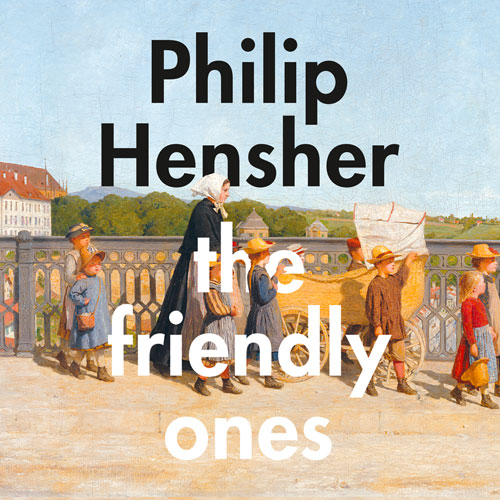
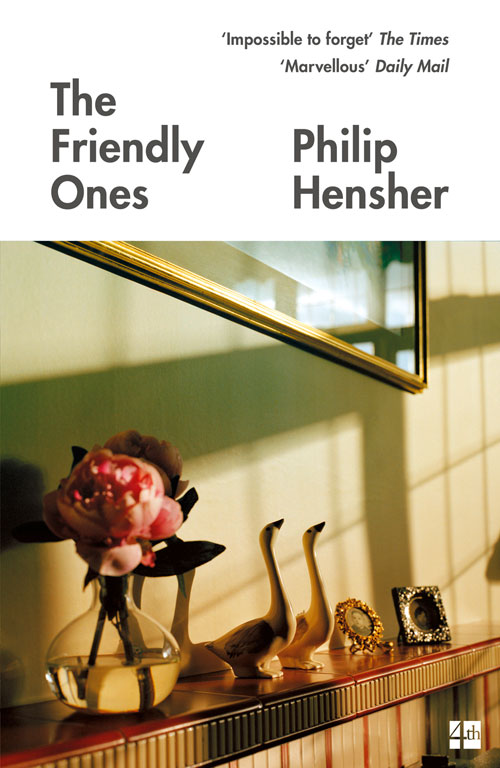

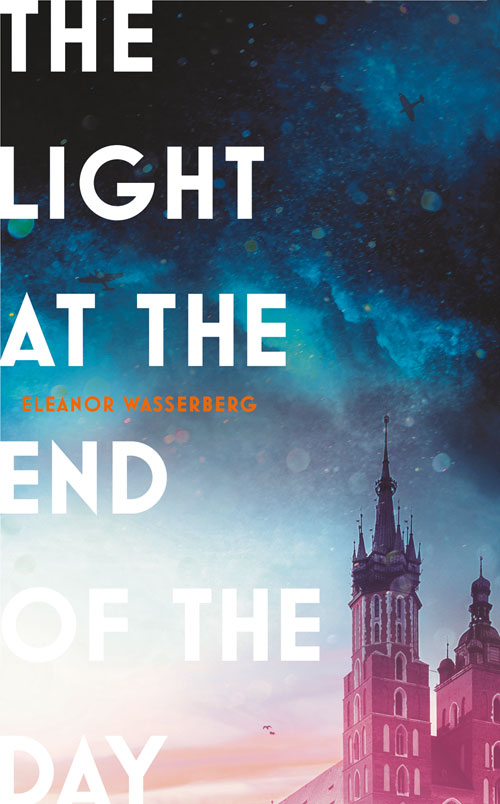
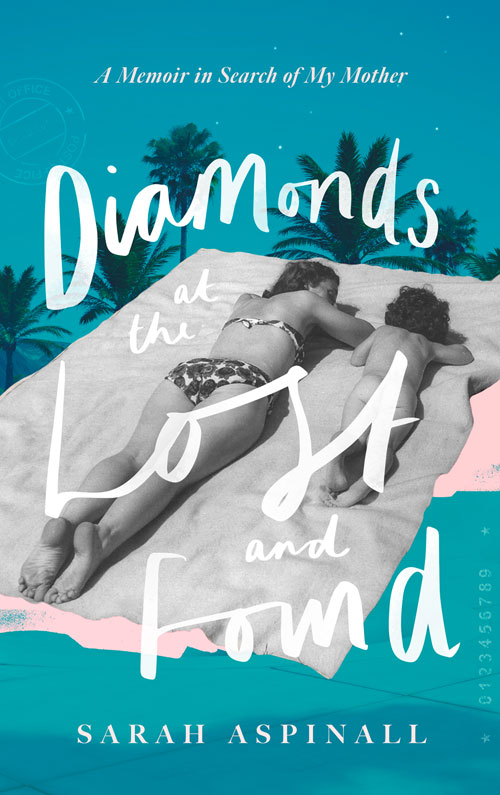
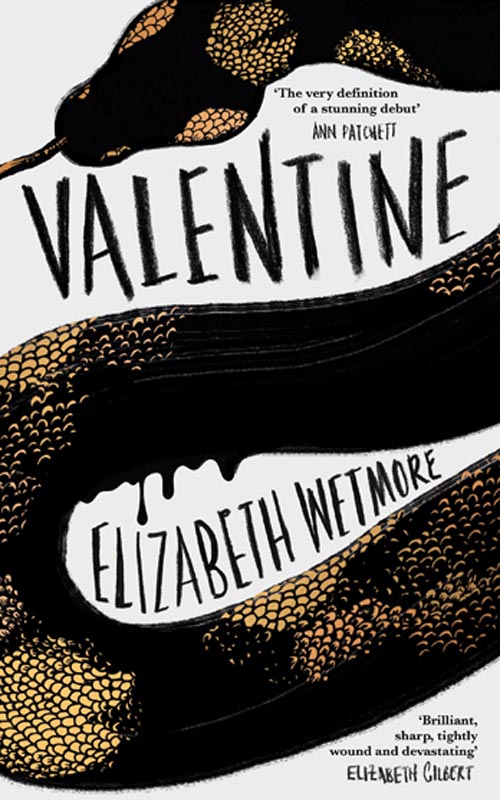
4thestatebooks